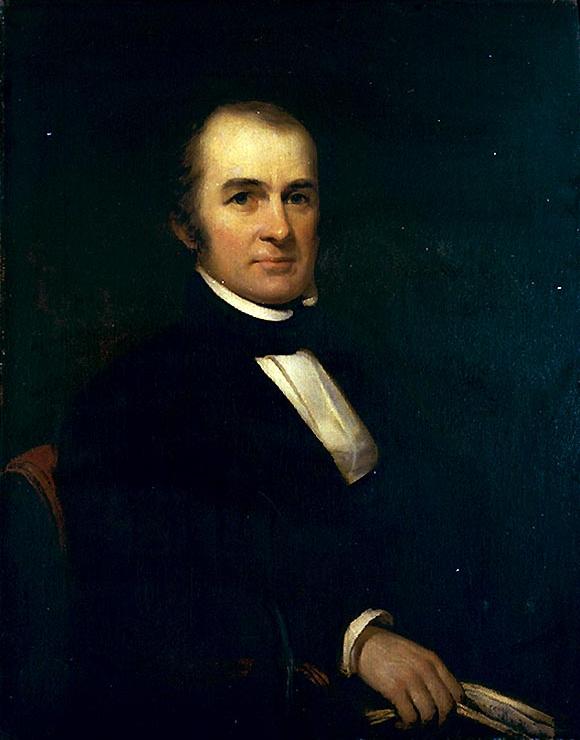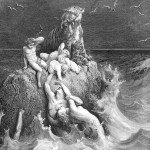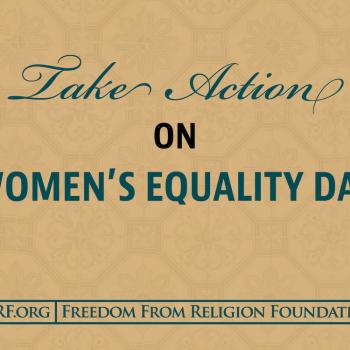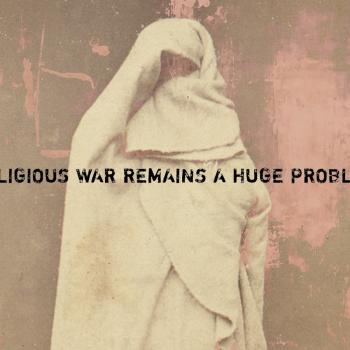Senate Judiciary Committee Report, January 19, 1853

“We are a Christian people…not because the law demands it, not to gain exclusive benefits or to avoid legal disabilities, but from choice and education; and in a land thus universally Christian, what is to be expected, what desired, but that we shall pay due regard to Christianity?” –Senate Judiciary Committee Report, January 19, 1853
VERDICT: Deliberately Altered
This heavily edited quote comes from a Report on the Abolition of the Office of Chaplain. That’s right, the Senate was looking into abolishing congressional chaplains. Why? The answer is in the first line of the report: “The Committee on the Judiciary, to whom were referred sundry petitions praying Congress to abolish the office of Chaplain . . . .”
Congress was so besieged with petitions to abolish congressional chaplaincies that they actually issued three separate reports from 1850-1854. Christopher Lund, The Congressional Chaplaincies, 17 Wm. & Mary Bill Rts. J. 1171, 1199-1200, n. 126-127 (2009). (Hobby Lobby quotes one from 1854.) These reports recommended keeping the chaplains using a political analysis cloaked in legalese. Despite the recommendations, the political pressure mounted and the House and Senate actually “suspended their regular chaplaincies and went with a rotation system where unpaid local ministers” gave invocations. Id. In the House, the change passed 84-39. The only recorded opposition claimed that the change did not go far enough. Id. “For the whole Thirty-fifth Congress, neither the House nor the Senate had an institutional chaplain.” Id.
Hobby Lobby, unsurprisingly, alters the genuine quote to change its meaning:
“True, selections [of a clergyman for the position of congressional chaplain], in point of fact, are always made from some one of the denominations into which Christians are distributed; but that is not in consequence of any legal right or privilege, but by the voluntary choice of those who have the power of appointment. This results from the fact that we are a Christian people,—from the fact that almost our entire population belong to or sympathize with some one of the Christian denominations which compose the Christian world. And Christian will of course select, for the performance of religious services, one who professes the faith of Christ. This, however, it should be carefully noted, is not by virtue of provision, but voluntary choice. We are Christians, not because the law demands it, not to gain exclusive benefits or to avoid legal disabilities, but from choice and education; and in a land thus universally Christian, what is to be expected, what desired, but that we shall pay due regard to Christianity, and have a reasonable respect for its ministers and religious solemnities?” –Senate Judiciary Committee Report, January 19, 1853
This quote is about demography; it is not a legal description. The Senate is attempting to justify its selecting and preference of Christian chaplains by claiming that all Americans are Christian, so naturally their congressmen would choose Christian chaplains. The claim that Americans were all Christian is breathtakingly wrong. According to constitutional scholar Leo Pfeffer, “in 1790 not more than one out of eight Americans and possibly as few as one out of twenty-five belonged to any church…” Leo Pfeffer, Church, State, and Freedom, 166, Beacon Press (1967).
Here are some fun facts, from Roger Finke and Rodney Stark, The Churching of America 1776-2005: Winners and Losers in Our Religious Economy, 16 (2002 paperback ed.):
- On the eve of the Revolutionary War, only 17% of Americans were churched.
- In 1850, shortly before the quote at issue, only 34% of Americans were churched.
- By the start of the Civil War, 37% were churched.
(“Churched” is defined as being a member of, or claiming membership in, a religious body. Thus, this term is not equivalent to the self-identification surveys done nowadays. However, it is the best measure of historical religiosity.)
So no, not all Americans were Christian. This report was simply politicians trying to get away with violating the Constitution by pandering to their base. And if we only owe a “reasonable respect” for religion and not special privilege, Hobby Lobby ought to join FFRF’s lawsuit against the parsonage exemption.
Source: Report on the Abolition of the Office of Chaplain, S. Rep. No. 32-376 (1853). Here’s a reprinting of the report.















